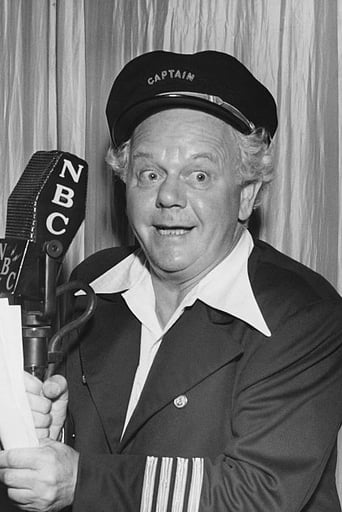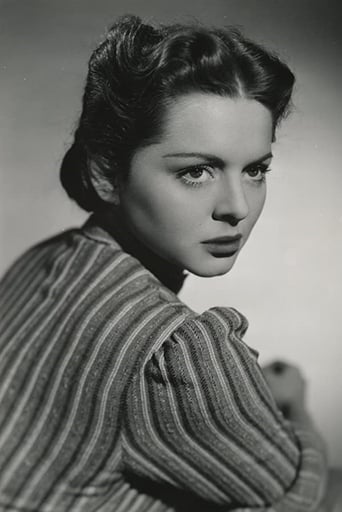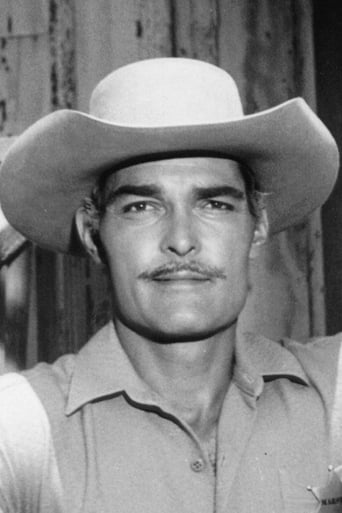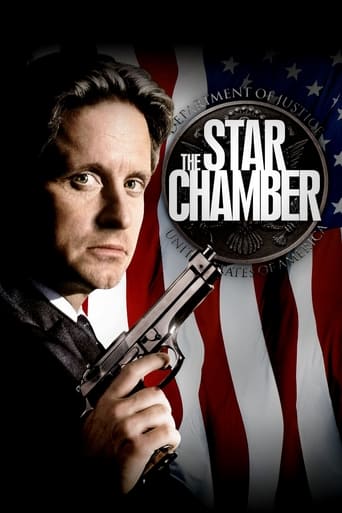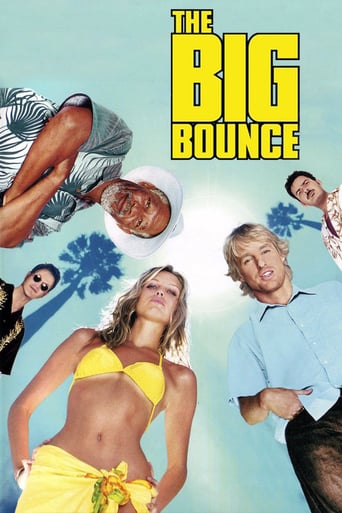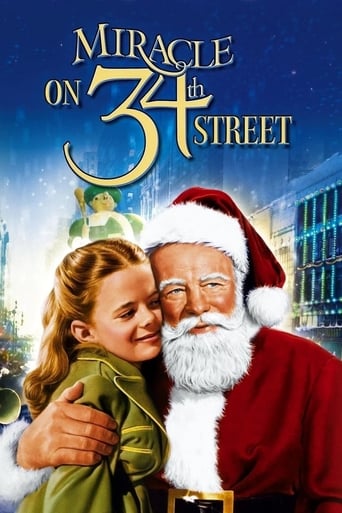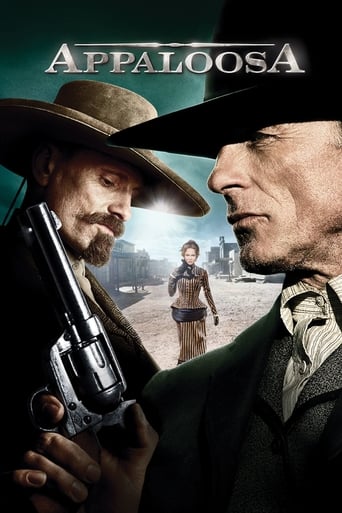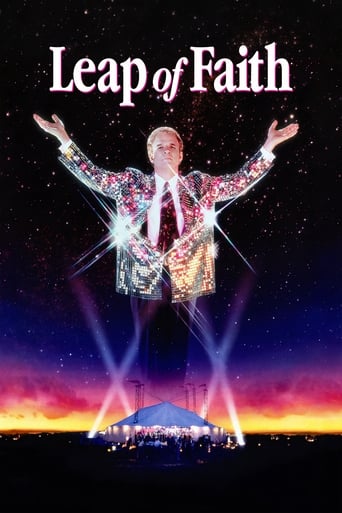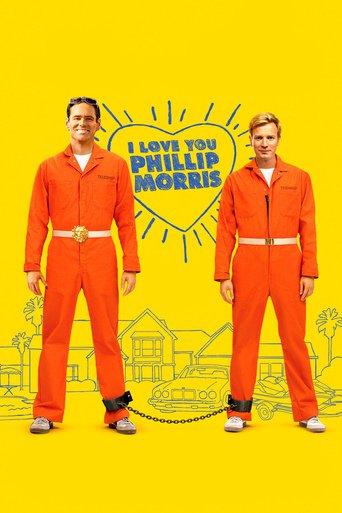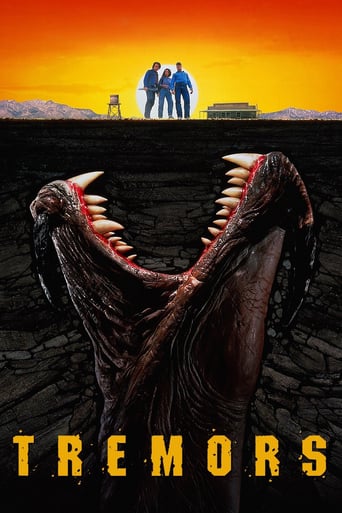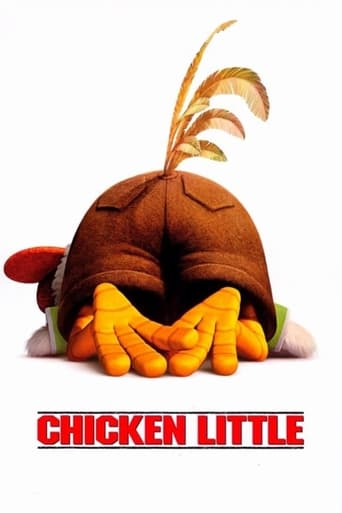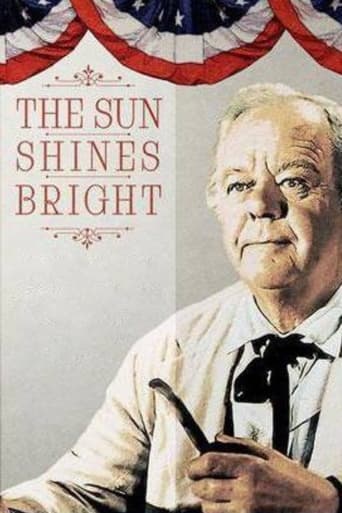
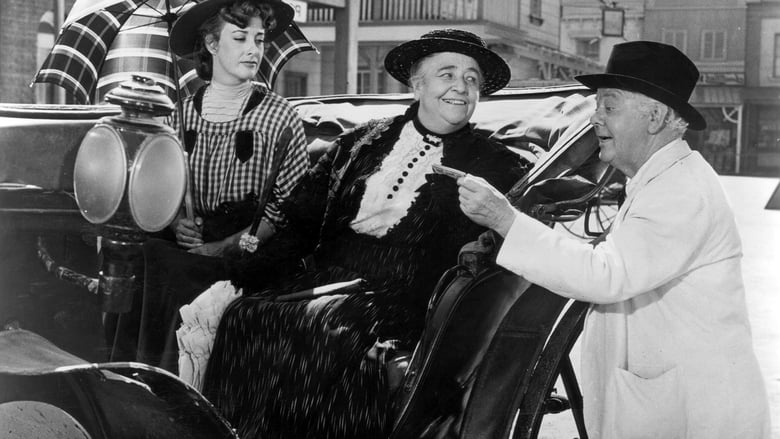
The Sun Shines Bright (1953)
With the election approaching, a judge in a Southern town at the turn of the 20th century is involved variously in revealing the real identity of a young woman, reliving his Civil War memories, and preventing the lynching of an African youth.
Watch Trailer
Cast
Similar titles
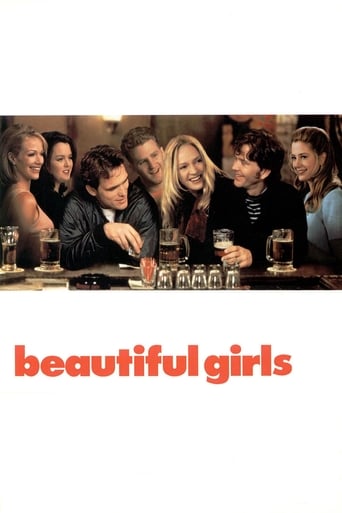
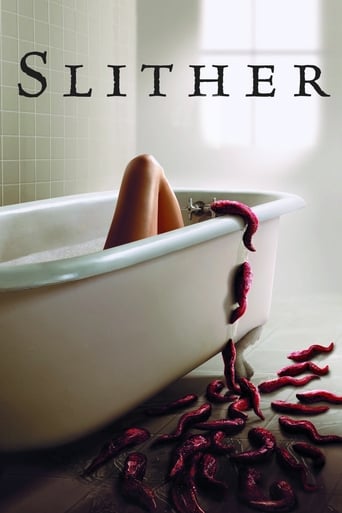
Reviews
A movie that not only functions as a solid scarefest but a razor-sharp satire.
There is, somehow, an interesting story here, as well as some good acting. There are also some good scenes
It really made me laugh, but for some moments I was tearing up because I could relate so much.
Exactly the movie you think it is, but not the movie you want it to be.
The director was John Ford, a notorious teller of tales. When asked by critics which of his movies he liked best, he sometimes cited "The Sun Shines Bright." To understand why he'd make such an outrageous claim, we must understand that Ford loved to cause disappointment and pain in others -- especially critics.Actually it's a low-budget and confusing jumble of several of Irwin S. Cobb's stories about the laid-back South. Not a bankable name among the cast. But we do get to see the last of John's brother Francis as a tattered old drunk in a coonskin hat, a role he'd been playing for twenty years. Frank had been a matinée idol in the early years of motion pictures, a handsome young hero, and it must have pained him to be so degraded on the screen but, as I say, John loved to see pain.And if you're truly into political correctness, this is an excellent place not to look for it. The judge is the pudding-faced Charles Winninger. He's a fair and courageous judge. Everyone realizes that. But still he has one of those chocolate-colored jockeys holding up a hitching post in front of his gate. That's not to mention Steppin Fetchit: "Yassuh, Boss, but you overslepp." But it's certainly a John Ford project. Many of his stock company put in their appearances: Jane Darwell, Jack Pennick, Russell Simpson, Grant Withers, Milburn Stone, among others. We even get to see an early work of John Russell and the teen-aged Patrick Wayne. Russell is a curious-looking guy. He was an intelligence officer on Guadalcanal with the Marine Corps and he looks it -- tall, brawny, handsome. But handsome in a way that's uncanny, unearthly, as if he were really an animated plastic mannequin.It's definitely a lesser work, by turns raucous and sentimental. Ford pulls out all his usual stunts and throws them haphazardly together. There's the grand march, the singing of hymns, the mano a mano fight, the Ladies Temperance Society. If you want nothing more than to sit back and be diverted for an hour and a half, this should do the job.
That is the theme of this sentimental comedy/drama remake of John Ford's "Judge Priest" which he also directed, and which he also asked black comical character actor Stepin Fetchit to repeat his role of the slow-witted servant. Not much has changed in almost two decades, and in the case of Hollywood's treatment of black characters, this is on the same scale as "Gone With the Wind". Cheerful mammys, singing darkies, almost missing the days of slavery, and in the case of Stepin Fetchit, he actually sits in on one of the meetings of the aging confederate soldiers as their servant, not their equal. At the heart and soul of this flawed but entertaining film is Charles Winninger, taking on the role which Will Rogers had played years before. He's running for re-election and finds opposition for the first time in years against a ruthless opponent.This is a small-minded community with Jane Darwell as the town matriarch who greets each of the young ladies coming into a town dance with the same fake compliment of her being the bell of the ball. When an outcast from years before returns, the past of her illegitimate daughter (Arlene Judge) is threatened to be revealed, and this leads to Judge Priest standing up for decency over human judgments and the moral pointing of the finger. Yet, there are tons of stereotypical southern characters tossed into the mixture, especially the presence of two moonshine making hicks (one played by a young Slim Pickens), a typical "Negro spiritual", and a ton of dialog rolling off the tongues of holier than thou sweeter yet as dangerous as honey rolling off a hive filled with swarming bees. The return to the screen after a 20 year absence of Dorothy Jordan (as Judge's unfortunate dying mother) is of particular interest as even with little dialog, she breaks your heart just with her sadly pathetic presence.In spite of the bell of falsehoods this film rings, I can't dismiss it as a film I didn't enjoy, because it showed that even in one small way through Winninger's character, people were changing somewhat, even if the whole racist stereotypes and praising of a way of life that just could not continue to be grated somewhat on my nerves.
John Ford had a fondness for The Sun Shines Bright. It's a beautiful tale of an honorable old man who even while facing a tough re-election for town judge refuses to be a hypocrite or play up to a lot of his town's hypocrites.The film was done before as Judge Priest with Will Rogers in the title role. As good as The Sun Shines Bright is, it would have been even better had John Ford not chosen to use Stepin Fetchit in the same part he had in the original film. Stepin Fetchit is, well Stepin Fetchit. Funny thing is that a whole lot of black players are used in this film and their roles are not as stereotypical as his is.Charles Winninger is every bit as good as Will Rogers in the lead. If you can imagine Captain Andy from Show Boat had he taken up the law instead of show business, you get some idea of what Judge William Pittman Priest is all about. Justice is blind in his courtroom, but it isn't deaf and dumb also. In Winninger's life as well as his courtroom.He's up for re-election in his small Kentucky county and he's got a hard fighting opponent in prosecutor Milburn Stone. Priest is a proud Confederate veteran, but he's not above saving an innocent black kid from a lynch mob.Nor is he above a little Christian charity when it comes to seeing a fallen woman who just came to town to see her daughter before she died given a proper funeral service. When no accredited minister will do the service, Winninger fills in at the pulpit and has some choice words taken from the parable about the woman caught in sin.My favorite scene in The Sun Shines Bright is the funeral procession for the same woman. Winninger is the head of the local United Confederate Veterans and Henry O'Neill is the head of the local Grand Army of the Republic chapter. They are friends and friendly rivals. Yet on that day Republican O'Neill and Democrat Winninger both lead the funeral procession. Too bad our Republicans and Democrats of today can't agree on some common values.How does this impact on Winninger's election? You'll have to watch the beautiful and poetic The Sun Shines Bright to find out.
I feel like I have to walk over eggshells to say anything at all about this movie, Ford's remake of his earlier, 1934 Will Rogers vehicle Judge Priest. Both films have some hard-to-take racial stereotypes, first and foremost in the personage of Stepin' Fetchit, who, along with Butterfly McQueen, stand as the ugliest black performers of their era. But the offense doesn't stop there. The Sun Shines Bright contains a plethora of objectionable material, some of which probably well deserves to be objected to, and some of which will be construed as hateful by modern audiences when it really isn't. The story concerns an aging judge running for re-election in Kentucky, somewhere near the Mason-Dixie line around the turn of the 20th Century. Judge Priest is a Confederate veteran, as are many of his friends. They celebrate this with open nostalgia, although there isn't really any hatred between them and those in the county who fought for the North. The main story of the film is of Judge Priest's deep humanity, and his love for all people. There are two main plot threads, that of a lynch mob out to hang a young black man and that of a dying prostitute, who happens to be the long absent mother of one of the town's outstanding young women. Priest must defend the black man from the mob and arrange a dignified funeral for the prostitute, even though it very well could cost him the election. The film's treatment of African Americans seems quite more in tune with the 1930s than the 1950s. The original film, Judge Priest, might be less offensive, actually. Yes, the blacks in that film were caricatures. However, the star of that film, Will Rogers, who famously never met a man he didn't like, seemed more like a friend to the African Americans around him, including Stepin' Fetchit and Hattie McDaniel. He even sings with McDaniel at one point. Priest in that film seems something of an outcast from the whites; they respect him, even love him, but he is not exactly one of them. In The Sun Shines Bright, Priest spends most of his time with his fellow veterans. Stepin' Fetchit is there most of the time, too (he even attends a veterans' meeting with a gray cap on his head), but he and Priest don't seem like buddies. Fetchit is his servant. Even though Fetchit and McDaniel were also his servants in the earlier version, like I said, they seemed more like friends. When Judge Priest helps out the African Americans of his county in the later version, his actions seem more patronizing than friendly. He is the father figure to every black person. At the end of the film, it almost seems like they're worshiping him. Worse yet, when the election is held, we see everyone vote except for the blacks. It's not even implied that they have already voted. Despite these very important problems, The Sun Shines Bright is a very good film that would indeed inspire a deep love for humanity long before it would ever inspire bigotry. I would never dismiss the problems of the film, but I think that what it accomplishes is much more valuable than what most would damn it for. 9/10.
